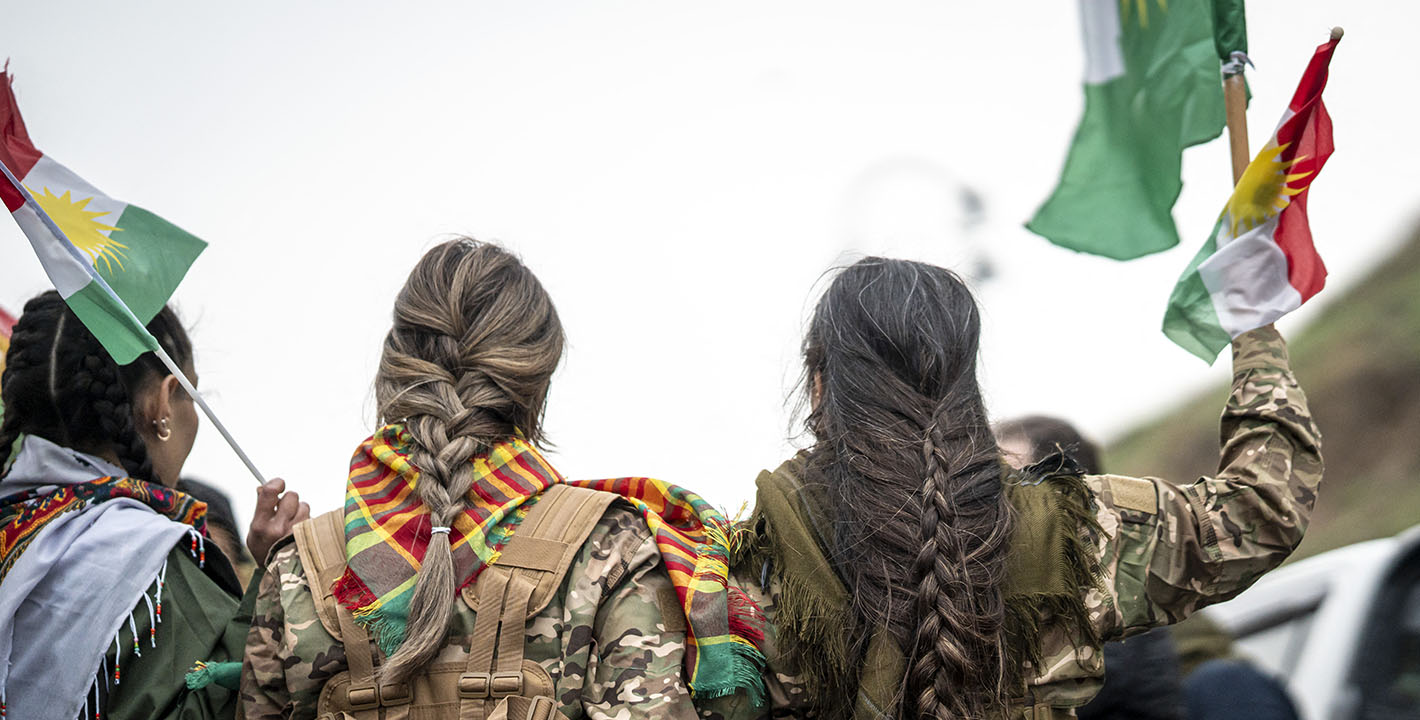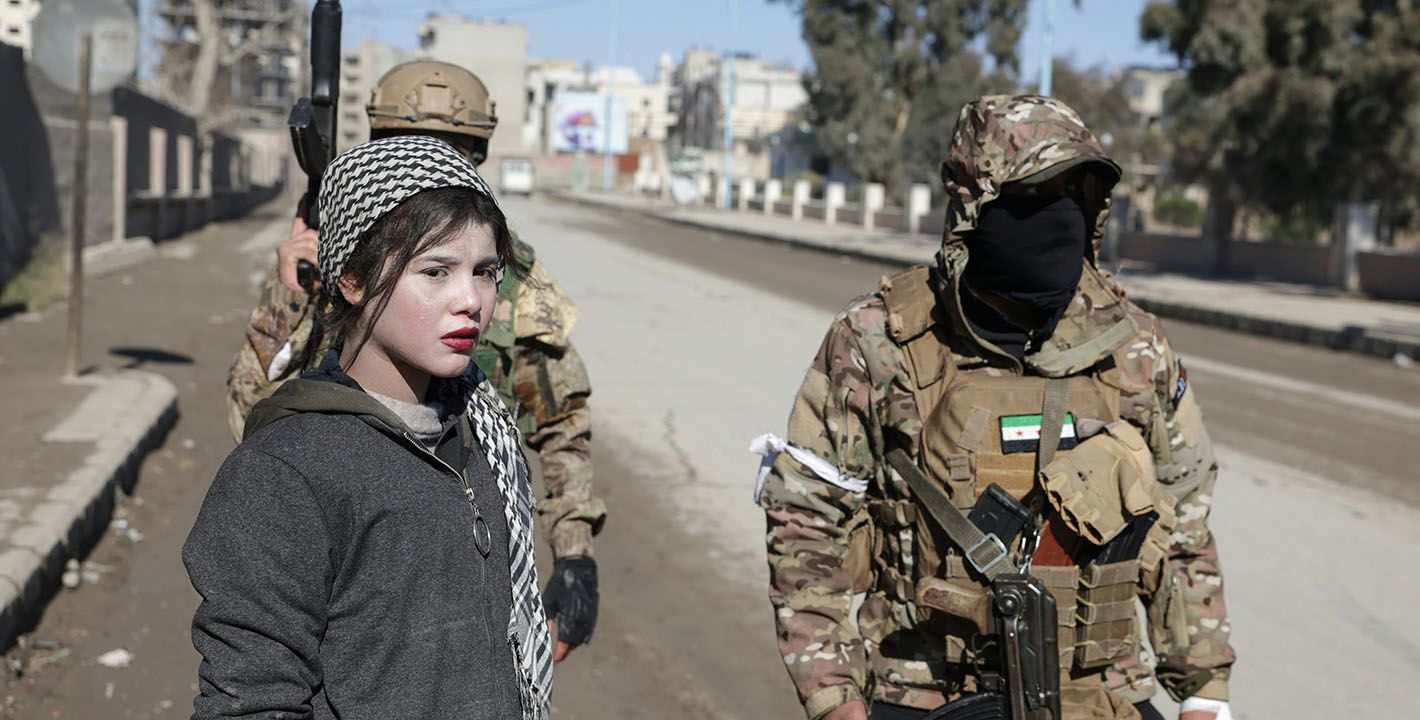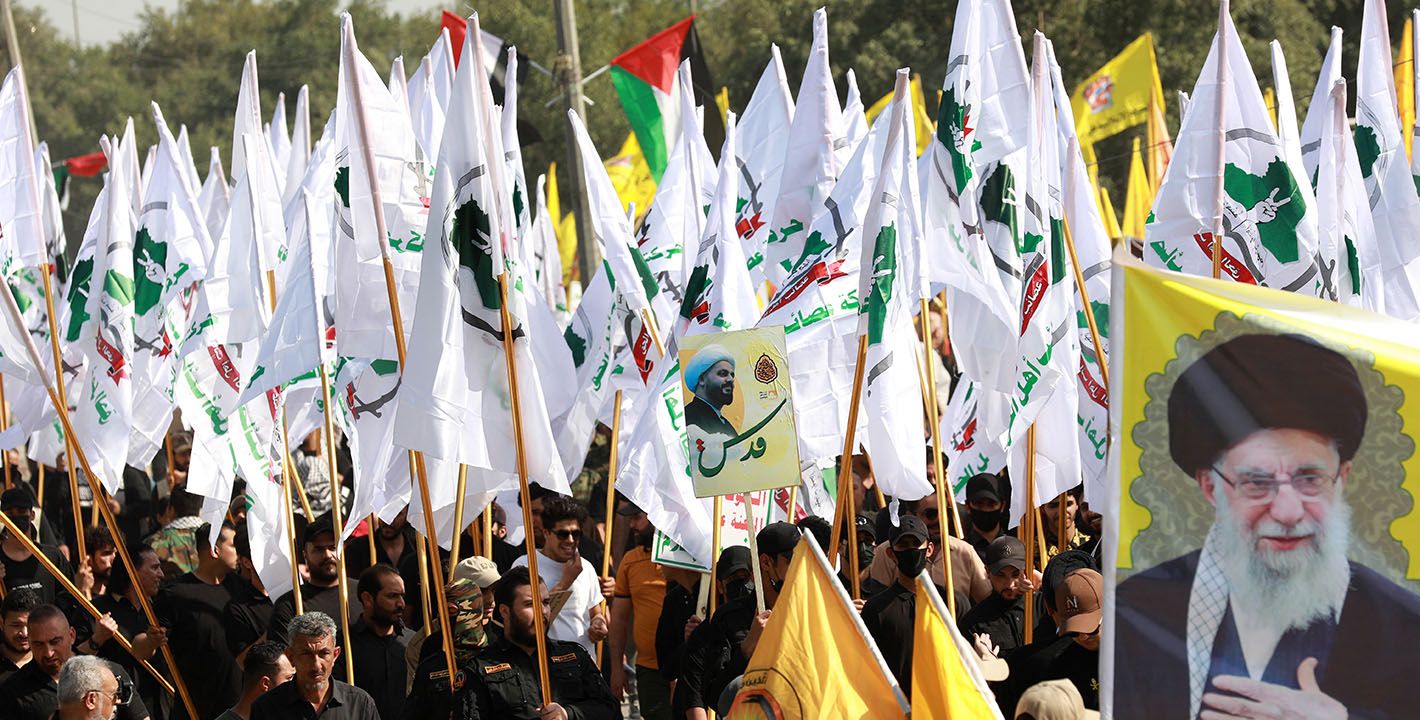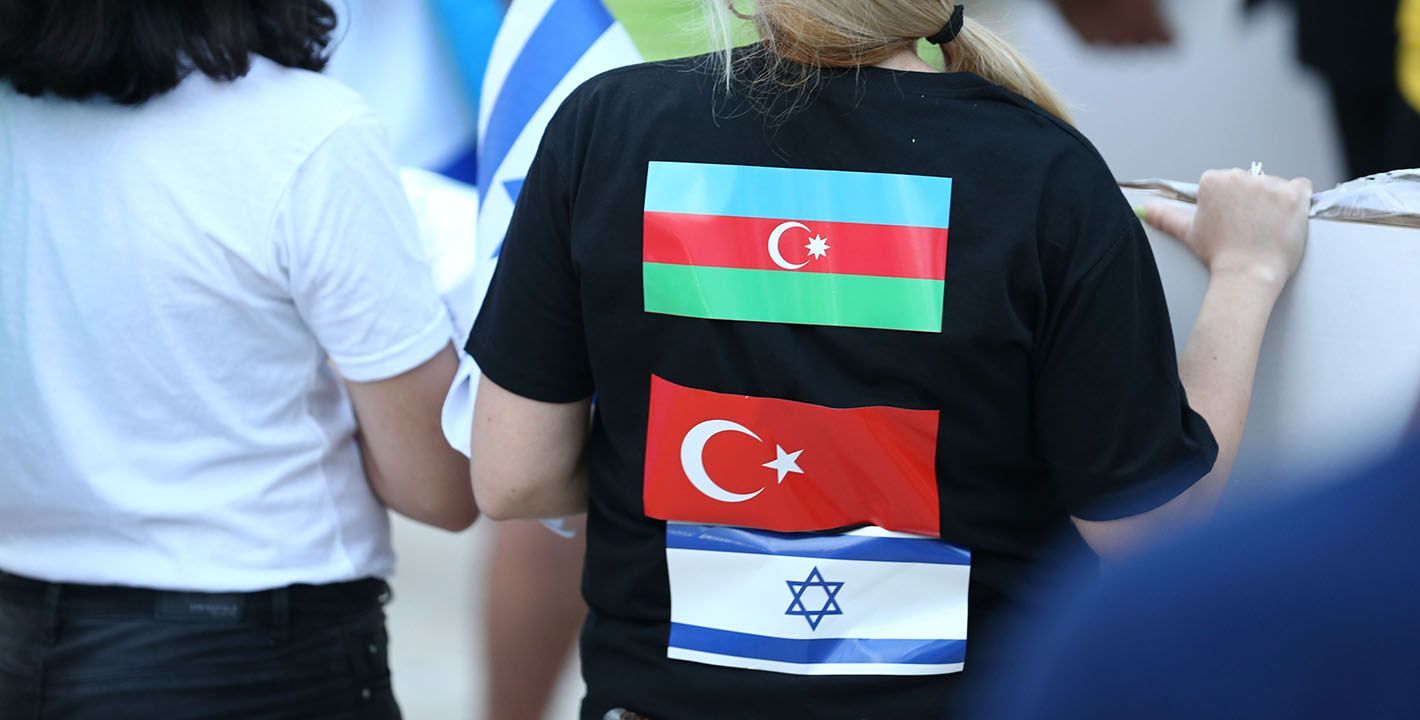Michael Young
{
"authors": [
"Michael Young"
],
"type": "commentary",
"blog": "Diwan",
"centerAffiliationAll": "dc",
"centers": [
"Carnegie Endowment for International Peace",
"Malcolm H. Kerr Carnegie Middle East Center"
],
"collections": [
"Inquiring Minds"
],
"englishNewsletterAll": "menaTransitions",
"nonEnglishNewsletterAll": "",
"primaryCenter": "Malcolm H. Kerr Carnegie Middle East Center",
"programAffiliation": "MEP",
"programs": [
"Middle East"
],
"projects": [],
"regions": [
"Gulf",
"Levant",
"Saudi Arabia",
"United Arab Emirates",
"Kuwait",
"Syria",
"Middle East",
"Qatar"
],
"topics": [
"Political Reform"
]
}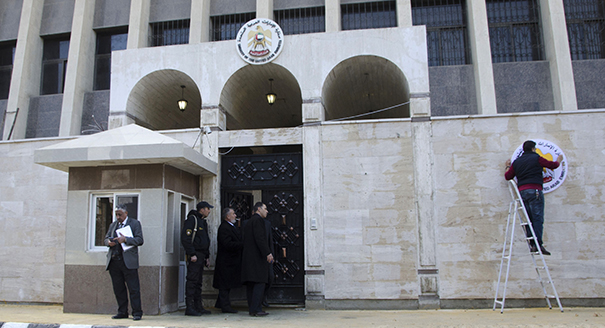
Source: Getty
As Arab States Normalize With Syria, Will This Push Them to Finance its Reconstruction?
A regular survey of experts on matters relating to Middle Eastern and North African politics and security.
Roula Khalaf | Deputy editor of the Financial Times newspaper
I expect Arab countries to gradually normalize relations with Syria, following the United Arab Emirates’ decision to reopen its embassy in Damascus. Moves by other Gulf Cooperation Countries may not come immediately or all at once, but now that the first shot has been fired the taboo of a return to Damascus has been broken. More will follow. The purpose of this normalization is, ostensibly, to assert an Arab presence that counters Iranian influence. If that is the logic, then at some point Arab money for reconstruction will come. Again, I do not expect this in the short term, but it is entirely possible in the medium to longer term.
The question is over the merits of this logic. Iran is so deeply entrenched in Syria that it is difficult to know whether it answers to the Syrian regime or the other way around. Tehran has invested massive amounts of resources to prop up the Assad regime and it has paid a human price as well. That Arab reengagement or financial incentives could alter this balance of power is derisory.
Hazem Saghieh | Writer and senior columnist at the Al-Hayat newspaper
In the overwhelming counterrevolutionary atmosphere that exists in the Middle East today, Syria under President Bashar al-Assad might return to the Arab fold. Reconstruction would follow. However, that’s not likely to happen now.
In fact, the whole debate over Arab participation in Syria’s reconstruction is overhyped. Let us try to simplify (without oversimplifying) a complicated situation: Attitudes in Europe, Russia, Iran, and the Arab world regarding Syria will be hugely impacted by the final decision of the Americans on the matter. Such influence could work negatively as well as positively. But no one on earth can be entirely certain of what President Donald Trump will decide. Escalation is as possible as pacification; war as possible as appeasement. The American hesitation toward the withdrawal from Syria and continued Israeli air raids against Iranian positions in Syria confirm this skepticism.
The question is mostly a matter of debate in Lebanon, owing to wishful thinking among some Lebanese. The Lebanese warriors and devotees who believe that their country, despite its pluralism, could be remade in Syria’s or Iran’s image are in a hurry to salvage their idealized example in Damascus. I think they should hold their horses. Some patience would hurt nobody.
Su’ad Jarbawi | Middle East Regional Director at Mercy Corps
U.S. retrenchment in the Middle East has left regional issues to be sorted out by regional powers. Who will finance Syria’s reconstruction is at the center of such dynamics, and the Middle East is realigning. The United States and the major European countries are unwilling to foot the bill. While Russia and Turkey now have tremendous influence in Syria, they are unlikely to be major contributors. It will most probably be the Gulf states taking the lead, with some U.S. pressure against such a move playing a part in their decision. More importantly, this is an opportunity for these states to renegotiate Iran’s influence in Syria and expand their interests in the region. What remains unclear is whether there will be a political framework as part of any potential funding. All parties must engage in a political solution and ensure funding is not just about geopolitics, or we will continue to fail the Syrian people.
Ali al-Ahmed | Founder and director of the Institute for Gulf Affairs, Washington, D.C.
The only Arab states able to fund Syrian reconstruction are the wealthy Gulf states. We are talking about four countries—Saudi Arabia, Qatar, Kuwait, and the United Arab Emirates. Other Arab countries can’t really provide any meaningful financial assistance as they are saddled with their own problems.
If reports that the United States has asked its Gulf allies not to help in Syria’s reconstruction are true, then any desire to play a part will be limited at best. Moreover, due to Syria’s weakened regional position after an eight-year conflict, and its stronger ties with Iran as a consequence of this, the Gulf monarchies, who did nothing to help Iraq’s reconstruction, most likely won’t help Syria’s either.
The deciding factor for the rulers of Saudi Arabia, Qatar, Kuwait, and the UAE will be Iran’s robust ties with Iraq and Syria. This feeling is even stronger among the generation of young leaders in Saudi Arabia, the UAE, and Qatar, who have adopted a more sectarian or ethnically-based perspective than their fathers. With all this in mind, I do not see that the Arab countries actually able to assist in Syria’s reconstruction will be willing to strengthen their foes, or those whom they view as Iranian proxies.
Another factor is that Saudi Arabia and the UAE are bogged down in Yemen, and they may have to spend billions of dollars in the postwar era. At the same time, Saudi Arabia and Kuwait face domestic economic challenges that may limit their capacity to do much abroad. Furthermore, Israel will certainly weigh in against measures that make Syrian President Bashar al-Assad stronger than before.
About the Author

Editor, Diwan, Senior Editor, Malcolm H. Kerr Carnegie Middle East Center
Michael Young is the editor of Diwan and a senior editor at the Malcolm H. Kerr Carnegie Middle East Center.
- Axis of Resistance or Suicide?Commentary
- Iran and the New Geopolitical MomentCommentary
Michael Young
Recent Work
Carnegie does not take institutional positions on public policy issues; the views represented herein are those of the author(s) and do not necessarily reflect the views of Carnegie, its staff, or its trustees.
More Work from Diwan
- Axis of Resistance or Suicide?Commentary
As Iran defends its interests in the region and its regime’s survival, it may push Hezbollah into the abyss.
Michael Young
- Kurdish Nationalism Rears its Head in SyriaCommentary
A recent offensive by Damascus and the Kurds’ abandonment by Arab allies have left a sense of betrayal.
Wladimir van Wilgenburg
- All Eyes on Southern SyriaCommentary
The government’s gains in the northwest will have an echo nationally, but will they alter Israeli calculations?
Armenak Tokmajyan
- The Hezbollah Disarmament Debate Hits IraqCommentary
Beirut and Baghdad are both watching how the other seeks to give the state a monopoly of weapons.
Hasan Hamra
- Iran’s Woes Aren’t Only DomesticCommentary
The country’s leadership is increasingly uneasy about multiple challenges from the Levant to the South Caucasus.
Armenak Tokmajyan


